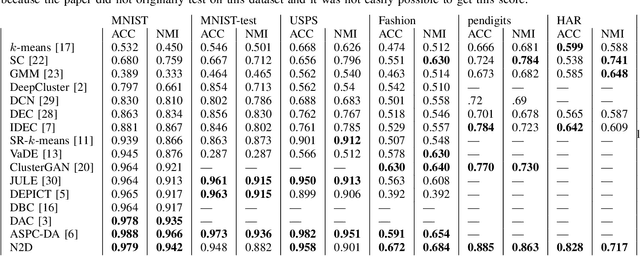Robert J Piechocki
Self-play Learning Strategies for Resource Assignment in Open-RAN Networks
Mar 03, 2021



Abstract:Open Radio Access Network (ORAN) is being developed with an aim to democratise access and lower the cost of future mobile data networks, supporting network services with various QoS requirements, such as massive IoT and URLLC. In ORAN, network functionality is dis-aggregated into remote units (RUs), distributed units (DUs) and central units (CUs), which allows flexible software on Commercial-Off-The-Shelf (COTS) deployments. Furthermore, the mapping of variable RU requirements to local mobile edge computing centres for future centralized processing would significantly reduce the power consumption in cellular networks. In this paper, we study the RU-DU resource assignment problem in an ORAN system, modelled as a 2D bin packing problem. A deep reinforcement learning-based self-play approach is proposed to achieve efficient RU-DU resource management, with AlphaGo Zero inspired neural Monte-Carlo Tree Search (MCTS). Experiments on representative 2D bin packing environment and real sites data show that the self-play learning strategy achieves intelligent RU-DU resource assignment for different network conditions.
N2D: Deep Clustering via Clustering the Local Manifold of an Autoencoded Embedding
Sep 11, 2019



Abstract:Deep clustering has increasingly been demonstrating superiority over conventional shallow clustering algorithms. Deep clustering algorithms usually combine representation learning with deep neural networks to achieve this performance, typically optimizing a clustering and non-clustering loss. In such cases, an autoencoder is typically connected with a clustering network, and the final clustering is jointly learned by both the autoencoder and clustering network. Instead, we propose to learn an autoencoded embedding and then search this further for the underlying manifold. For simplicity, we then cluster this with a shallow clustering algorithm, rather than a deeper network. We study a number of local and global manifold learning methods on both the raw data and autoencoded embedding, concluding that UMAP in our framework is best able to find the most clusterable manifold in the embedding, suggesting local manifold learning on an autoencoded embedding is effective for discovering higher quality discovering clusters. We quantitatively show across a range of image and time-series datasets that our method has competitive performance against the latest deep clustering algorithms, including out-performing current state-of-the-art on several. We postulate that these results show a promising research direction for deep clustering. The code can be found at https://github.com/rymc/n2d
 Add to Chrome
Add to Chrome Add to Firefox
Add to Firefox Add to Edge
Add to Edge